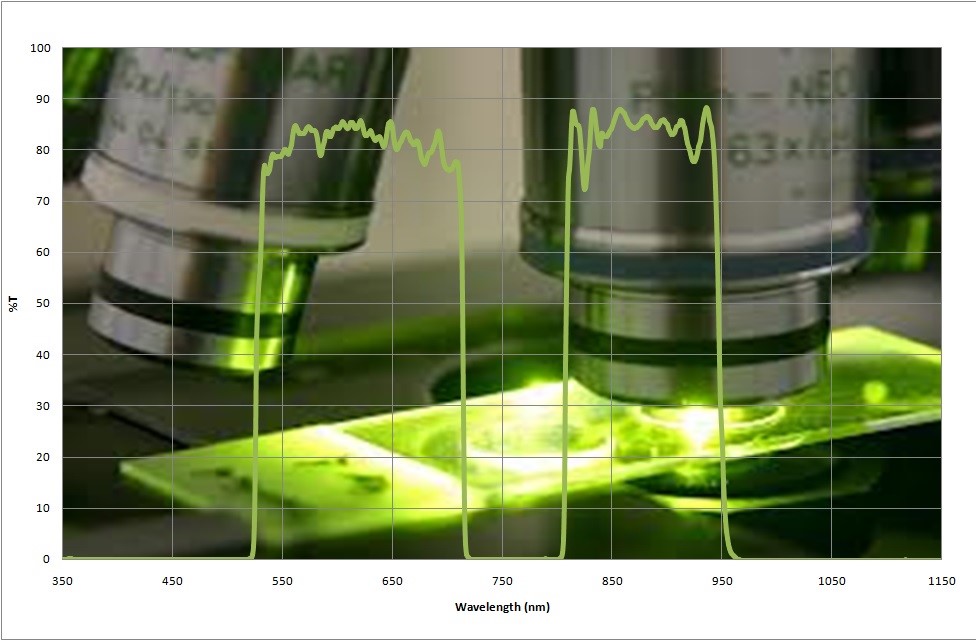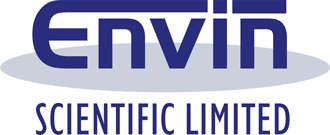
LEDs and fluorescence filters make 3D printed microscopes reality
The future of low-cost microscopy could be built around 3D printed components, using ordinary household LEDs combined with fluorescence filters to allow for a range of different imaging techniques. A proposal in the open-access academic journal PLOS ONE outlines the concept behind ‘an assemblage, multi-angle fluorescence and ellipsometric microscope’ capable of viewing an object from upright, inverted, side-on or oblique angle geometries by pivoting the microscope itself.
Adaptable 3D printed components
Innovatively, it is built using commercially available or 3D printed components, including standard fluorescence filters and LEDs to illuminate the target object in the desired spectrum, and this all helps to keep the total cost of the device down. The developers suggest that their open design approach also means that the finished proposal is not fixed, but could easily be adapted to meet task-specific criteria too. In terms of the lighting and light filters used, the designers used two different with separate emission and excitation spectra, and adjusted the illumination sources and filtration accordingly.
They note the availability of optical filters with broad emission and excitation ranges but slightly lower efficiency, or if this is not tolerable, the option to rapidly swap out the filters so that higher efficiency can be achieved by targeting only one of the fluorophores at a time.
A multi-functional microscope
The fluorescence filters were factored into the choice of LED luminaires, which were selected for the best spectral overlap with the fluorophores, mounted in a 3D printed cage, and operated with a standard cord light switch. “We demonstrate the multi-functionality of the microscope in several fields, namely biomaterials (supported lipid bilayers in buffer), biology (yeast cells and brain tissues), physical chemistry (micro droplet contact angles); these applications were with wet or liquid-immersed samples,” the authors write.
Their proposal is proof of concept for the use of fluorescence filters to target specific fluorophores using broad-spectrum LED luminaires, and shows the versatility of the components for use in low-cost 3D printed mounts and cages as the use of 3D printing technology continues to grow.
Envin specialise in the design and manufacture of optical filters. See our full range of products, or get in touch with a bespoke design request.

